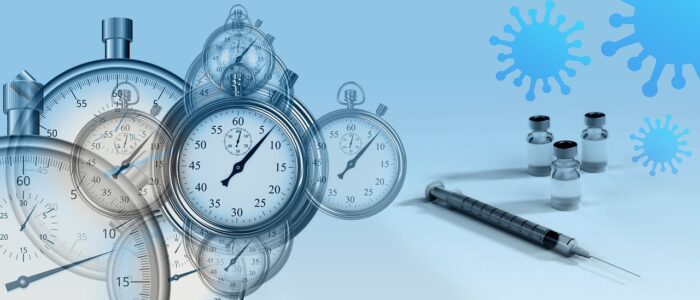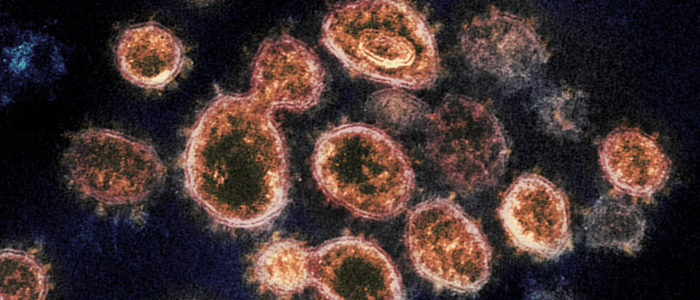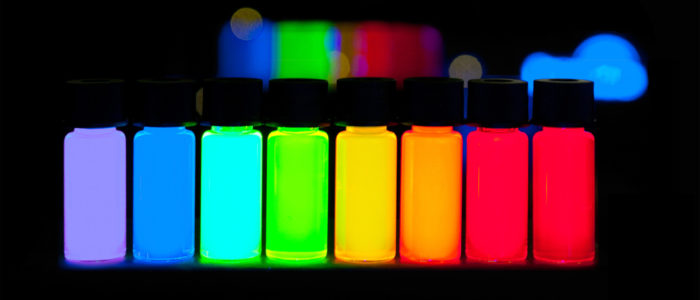Mission Statement: Distilling Science will serve to improve communication between scientists and the public, to highlight exciting new frontiers in technology, and to empower non-scientists with information on problems of great societal importance.

By trade, most scientists become experts in a single, narrowly defined discipline. They study, work, and publish in this field for thirty to forty years, then retire. So, when it comes time to demonstrate their research to the public, those who have never heard of their sub-discipline or lack an understanding of the field’s terminology, they often struggle.
“Distillation” in science refers to the purification of a liquid by thermal processing. Outside of science, it means “the extraction of the essential meaning of something.” In essence, this organization exists to extract the essential meaning of impactful scientific work and make it accessible to the public. Along the way, we hope to bridge the widening rift between scientists and citizens.
Why Scientists MUST Learn to Communicate
In 1997, a 14-year old named Nathan Zohner set out to warn the world about the dangers of the chemical “dihydrogen monoxide,” or DHMO. Employed in the manufacture of most chemical and biological weapons, DHMO may cause death if inhaled, even in small quantities. DHMO is used in industry as an industrial coolant and solvent, notably in nuclear power plants. Thousands of people die from DHMO-related effects every year. When presented with this information, 86% of the unwitting participants in Zohner’s terrifyingly illustrative experiment voted to ban DHMO, citing its deadly nature. As anyone familiar with chemical nomenclature is aware, DHMO is actually just water. See this website for more about DHMO:

As an independently acting fourteen year old, Zohner was able to dangerously sway public opinion without telling a single lie. Many organizations that profit off public ignorance will not have such high moral standards. Humans make terrible lie detectors; a recent MIT study suggests that “fake” news travels farther and faster (through Twitter) than the truth (“The Spread of True and False News Online”, Science, Mar 2018). To make matters worse, the spread of misinformation has been augmented in the modern era by the appearance of powerful communication tools and the internet. The onset of this “era of misinformation,” coupled with the ever-increasing intellectual elitism prevalent in academia, has led to a growing rift between scientists and the public. Many citizens no longer trust their physicians, their government, or their professors. Evidence of this loss of faith exists in the rise of “alternative medicine,” the “flat Earth theory,” and the “anti-vax movement.”
If the next generation of scientists aims to gain financial support or drive government policy in the face of this era of misinformation, we must learn to communicate with audiences outside our field. As an organization of young scientists, Distilling Science works toward this goal.




